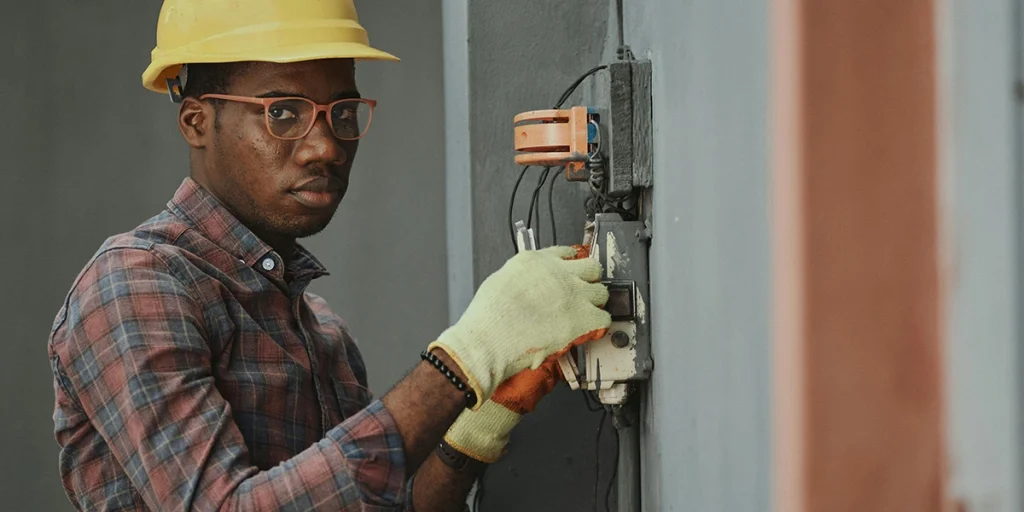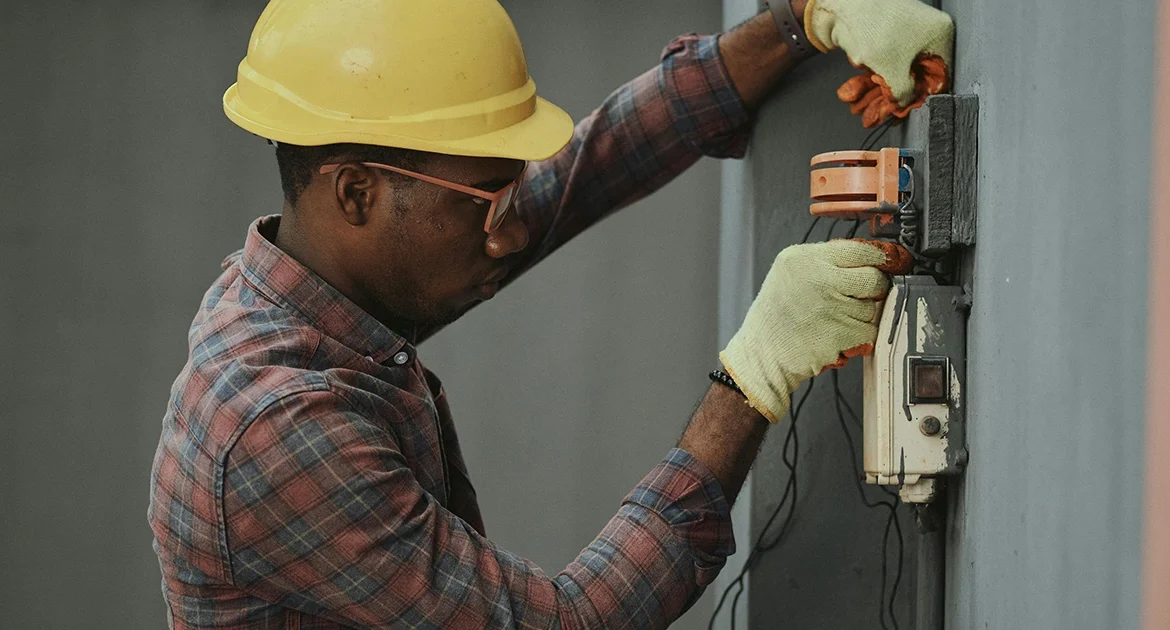All electrical installations deteriorate over time and should be inspected and tested every 3 to 5 years to ensure ongoing safety. These safety checks are commonly known as ‘electrical certificates‘ or ‘domestic electrical installation condition reports’.
On 1st June 2020, the UK Government issued guidance on the Electrical Safety Standards in the Private Rented Sector (England) Regulations 2020.
There are three sets of guidance, each with separate versions for landlords, tenants, and local authorities in England.
Private landlords must ensure that electrical safety standards are met while the property is occupied during a tenancy. Every fixed electrical installation at the property must be inspected and tested by a qualified person at least every five years. The initial electrical inspection and testing must be carried out before new tenancies commence on or after 1st July 2020 and by 1st April 2021 for existing tenancies.
An electrical certificate report will:
- Reveal if any of your electrical circuits or equipment are overloaded.
- Identify potential electric shock risks and fire hazards.
- Detect any defective electrical work.
- Highlight any deficiencies in earthing or bonding.
Who should carry out the electrical certificate inspection, and what happens? Electrical inspection reports or certificates should be conducted only by accredited and competent individuals, such as registered electricians. They will assess the condition of the electrical systems in accordance with the UK standard for electrical safety, BS 7671 –
Requirements for Electrical Installations (IEE Wiring Regulations). All our engineers are registered with either NICEIC or NAPIT and are fully qualified to perform electrical certificates or domestic electrical installation condition reports. Our membership number is NAPI61669. You can find more information about us on the NAPIT website.

Most local councils, housing associations, estate agents, and managing agents will only accept electrical certificates that have been signed off by a fully qualified and registered engineer. Additionally, if an incident such as an electrical shock occurs, your insurance may not cover you without a valid electrical certificate. To ensure you are not wasting your money or taking unnecessary risks, follow these steps:
- Verify that the electrician you are using is registered with a regulatory body such as NICEIC, ELECSA, or NAPIT.
- Only approved contractors, not domestic installers, can issue electrical certificates. (EICRs). Ensure the electrician is registered with the appropriate scheme.
- Confirm that they are fully insured with a recognized body.
Check if the electrician you are using is registered with a regulatory body such as NICEIC, ELECSA, or NAPIT. Only approved contractors, not installers, can issue electrical certificates (EICRs). Ensure that the electrician is registered with the appropriate scheme.
Ensure they are fully insured with a recognized body—only registered electricians can obtain such insurance. Also, make sure they do not issue generic green papers—these can be used by anyone!
Our engineers will inspect and consider all relevant circumstances and perform checks on
The adequacy of earthing and bonding.
The suitability of the switchgear and control gear. For instance, an old fusebox with a wooden back, cast-iron switches, or a mix of both will need replacing.
The condition of switches, sockets, and lighting fittings. Items that may require replacement include older round-pin sockets, round light switches, cables with fabric coverings hanging from ceiling roses to light fittings, and black switches and sockets mounted on skirting boards. The presence of adequate identification and notices.
The type of wiring system and its condition. For instance, cables coated in black rubber were phased out in the 1960s, and cables coated in lead or fabric are even older and may need replacing, as modern cables use more durable PVC insulation.
Ensuring that your fusebox includes a suitable residual current device (RCD).
The extent of any wear and tear, damage, or other deterioration.
Any changes in the use of the premises that have led to or may lead to unsafe conditions.
Our engineer will then provide you with an Electrical Installation Condition Report or Electrical Certificate, detailing any observed damage, deterioration, defects, dangerous conditions, and any non-compliance with current standards.
If any dangerous or potentially dangerous conditions are found, the overall condition of the electrical installation will be deemed ‘unsatisfactory’. This means that immediate remedial action is required to eliminate the risks to those on the premises.

Gas Certificate
Ensure safety and compliance with GSC Annual Gas Certificate services. Our Gas Safe registered engineers offer a fixed-price solution with no hidden extras. Opt for added peace of mind with the option to include a boiler service. Download your digital certificates effortlessly for a seamless and secure experience.
Why is an electrical certificate important?
- Safety Assurance: An electrical safety certificate provides peace of mind that your electrical systems are safe and functioning correctly. It helps prevent electrical hazards such as shocks, fires, and short circuits.
- Legal Compliance: In many jurisdictions, obtaining an electrical certificate is a legal requirement, especially for rental properties or commercial buildings. Failing to provide or update these certificates can result in legal issues or fines.
- Insurance purpose: Insurance companies often require proof of electrical safety to process claims. An up-to-date electrical certificate can be crucial if you need to make a claim related to electrical issues.
- Property Value: For property owners and landlords, having a valid electrical certificate can enhance the property’s value and appeal to potential buyers or tenants, as it demonstrates that the property is safe and well-maintained.



Leave a Reply
You must be logged in to post a comment.